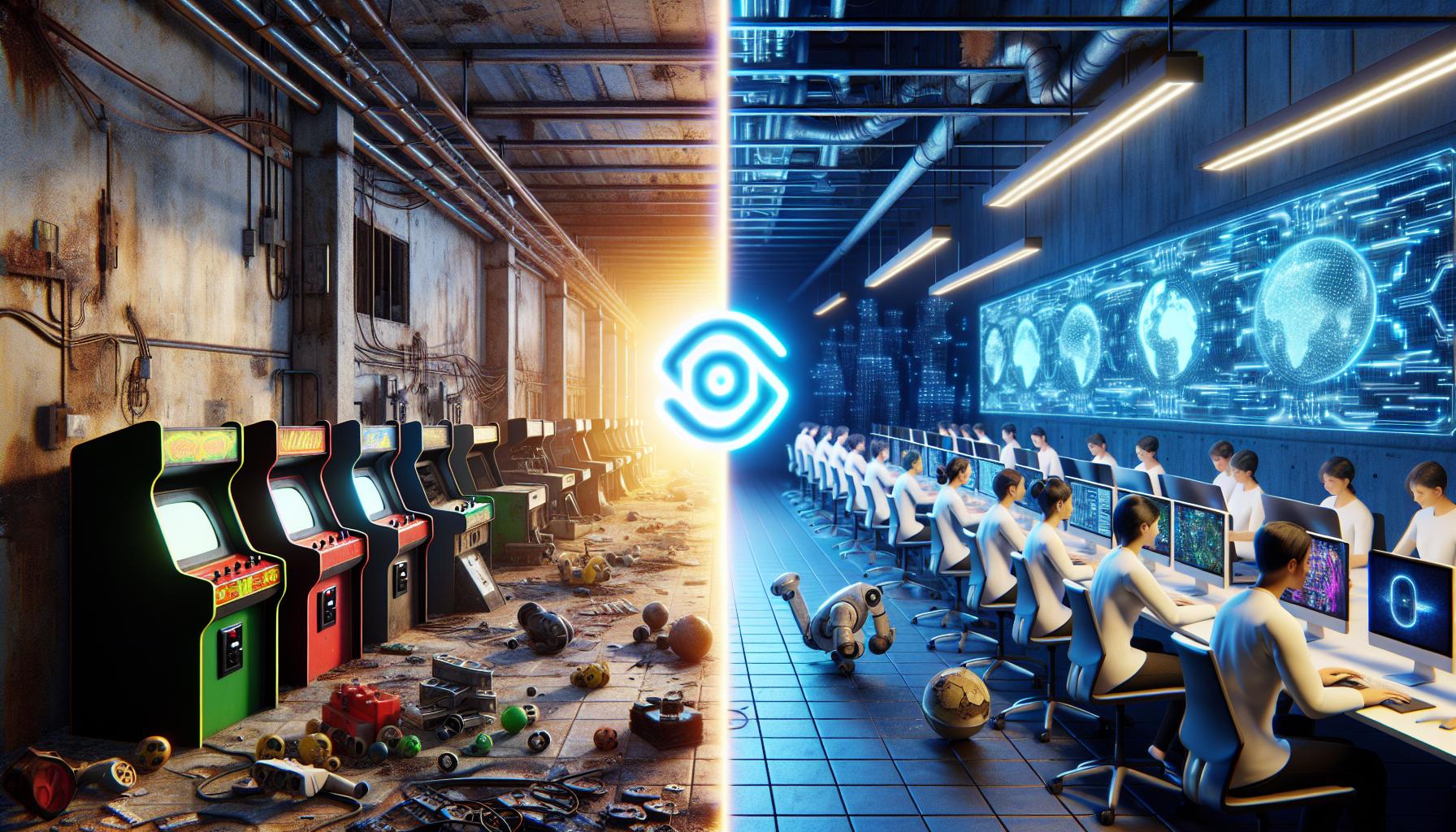Tencent’s Video Game Business Faces Challenges, but AI Development Shows Promise
Tencent CEO, Pony Ma, acknowledges challenges in video game business, but highlights strides in AI development.
Competitors have outperformed Tencent in delivering new hit games, leading to concerns about its status as China’s top tech company.
Video games account for over 30% of Tencent’s revenue.
Tencent’s recent game launches have not met expectations, while competitors like miHoYo and NetEase have seen success with popular titles.
However, Tencent has made significant progress in AI development, catching up to first-tier companies.
Integration of Tencent’s “Hunyuan” AI model into various business scenarios is a priority for boosting efficiency.
During Tencent’s annual meeting in Shenzhen, CEO Pony Ma acknowledged the significant challenges that the company’s video game business has faced in recent times. While competitors have produced new and successful games, Tencent has struggled to achieve similar results. Video games contribute over 30% of Tencent’s revenue, making it a critical part of the company’s business.
The Chinese media outlet Jiemian published excerpts from Ma’s speech, confirming the contents through an unidentified source. The speech raises concerns about Tencent’s ability to maintain its position as China’s top tech company amidst increasing competition and disruptive technologies. However, Tencent did not respond to a request for comment.
Ma expressed disappointment with the performance of Tencent’s recent game launches, noting that they did not meet the company’s expectations. In contrast, Chinese game developers miHoYo and NetEase have seen success with popular titles like “Genshin Impact” and “Eggy Party.” Although Tencent’s earlier hits like “Honor of Kings” and “PUBG Mobile” continue to generate strong revenue, their more recent releases are falling short.
Despite the challenges in the video game business, Ma highlighted Tencent’s progress in AI development. He stated that the company has caught up to first-tier companies and is no longer significantly behind. However, Ma emphasized the importance of integrating Tencent’s “Hunyuan” AI model into various business scenarios to improve efficiency. He also noted that for the next one or two years, AI applications on a large scale may not be seen.
Moreover, Ma discussed Tencent’s focus on live-streaming e-commerce as a strategy to enhance WeChat’s offerings. The company aims to replicate the success of ByteDance’s short video platform Douyin, which has generated massive revenue through live-streaming e-commerce. Ma acknowledged that while WeChat is a robust platform with a large user base, finding innovative ways to evolve the platform is crucial.
Overall, Tencent faces challenges in its video game business but shows promise in AI development. The company’s future success hinges on its ability to adapt to the rapidly evolving tech landscape and find new avenues for growth.
Analyst comment
Neutral news.
As an analyst, Tencent’s video game business may continue to face challenges due to competition from other companies delivering new hit games. However, the company’s progress in AI development and efforts to integrate it into various business scenarios could help boost efficiency. Tencent must adapt to the evolving tech landscape and find new avenues for growth to maintain its position as China’s top tech company.













